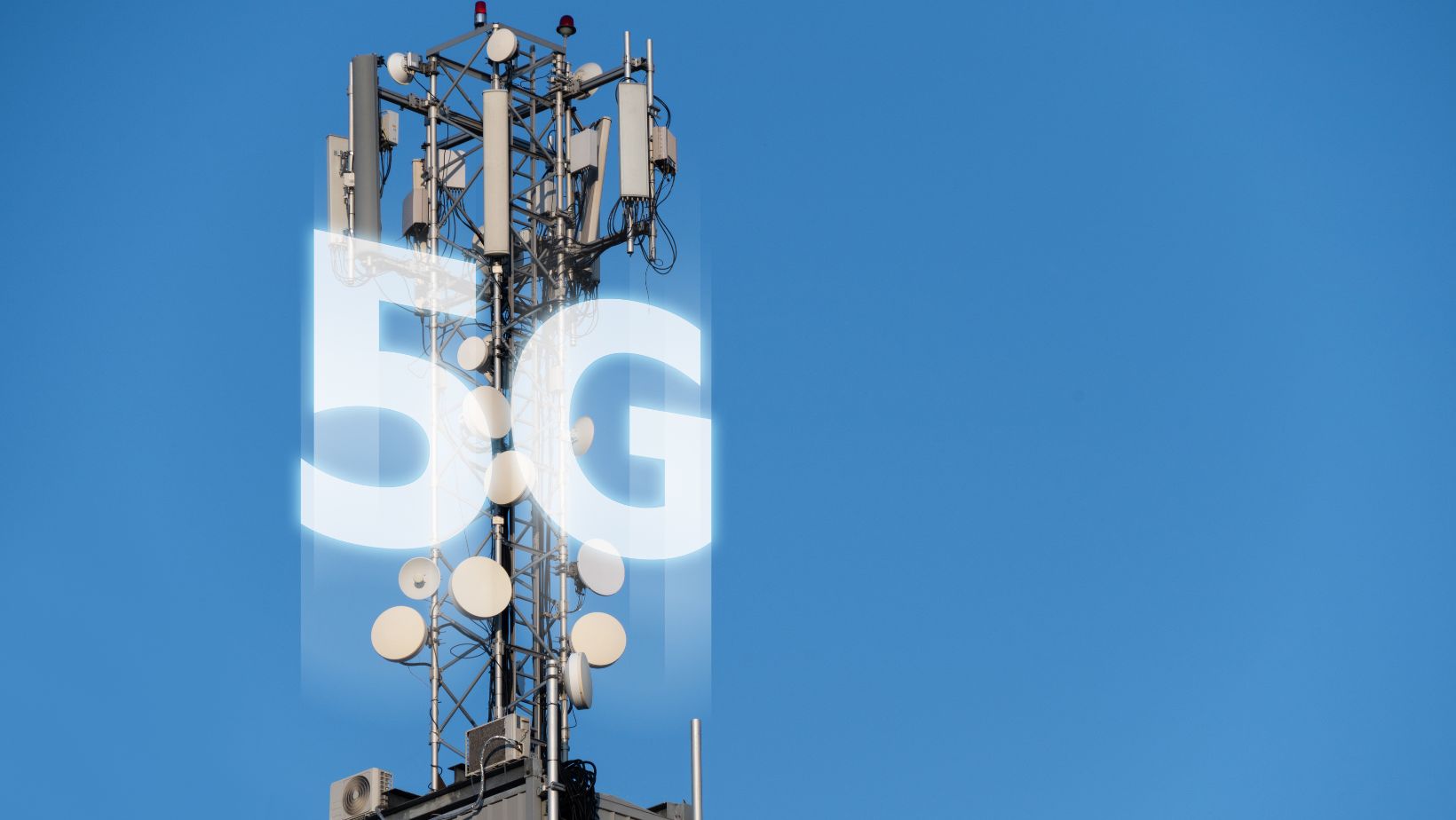ATT 5G vs Verizon 5G
When it comes to 5G networks, two major players in the United States are AT&T and Verizon. Both companies have been aggressively rolling out their 5G infrastructure, promising faster speeds and improved connectivity. In this article, we’ll take a closer look at AT&T 5G versus Verizon 5G, comparing their coverage, speeds, and overall performance.
AT&T has made significant strides in expanding its 5G network across the country. With its low-band and high-band spectrum deployments, AT&T aims to provide widespread coverage as well as ultra-fast speeds in select areas. The advantage of AT&T’s approach is that it offers a balance between coverage and speed, making it accessible to more users.
On the other hand, Verizon has focused heavily on millimeter wave (mmWave) technology for its 5G rollout. While mmWave delivers incredible speeds that can reach up to several gigabits per second, its coverage is limited to specific areas like downtowns or stadiums. This means that while Verizon’s 5G experience may be mind-blowing where available, it may not be as consistent or widely accessible compared to AT&T.

What is AT&T 5G?
AT&T 5G is the latest generation of wireless technology offered by AT&T, one of the leading telecommunications companies in the United States. It represents a significant leap forward in terms of speed, capacity, and reliability compared to previous generations like 4G LTE.
AT&T 5G utilizes advanced network infrastructure and cutting-edge technologies to deliver faster download and upload speeds, lower latency, and enhanced connectivity. With this technology, you can expect lightning-fast internet speeds that enable seamless streaming, gaming, downloading large files in seconds, and much more.
One notable aspect of AT&T’s 5G network is its use of both sub-6 GHz bands (low-band) and mmWave (millimeter wave) spectrum (high-band). The low-band spectrum provides broader coverage across larger areas while the high-band offers ultra-fast speeds but with limited coverage. By combining these two frequencies, AT&T aims to provide a balance between coverage and performance.
AT&T has been actively expanding its 5G coverage across major cities in the United States. As of now, their 5G network covers over thousands of cities and towns nationwide. However, it’s important to note that availability may vary depending on your location.
What is Verizon 5G?
Verizon 5G is a cutting-edge network that promises lightning-fast speeds, low latency, and vast capacity to support the ever-growing demand for data in our interconnected world.
With Verizon 5G, users can expect download speeds that are exponentially faster than what they may have experienced with previous generations of wireless technology. This means that streaming high-definition videos, downloading large files, and playing online games will be smoother and more seamless than ever before.
One of the key advantages of Verizon 5G is its ability to handle massive amounts of data without sacrificing performance. This is particularly important as we enter an era where smart homes, connected devices, and Internet of Things (IoT) become increasingly prevalent. With Verizon’s robust infrastructure, it has the potential to support a multitude of devices simultaneously without any significant drop in speed or quality.
Verizon has been steadily expanding its 5G coverage across various cities in the United States. By deploying small cells and utilizing millimeter-wave spectrum, they aim to offer widespread coverage and deliver on their promise of transforming industries such as healthcare, transportation, and entertainment through enhanced connectivity.
In conclusion, AT&T and Verizon have different strategies when it comes to network infrastructure for 5G deployment. AT&T’s multi-frequency approach provides broader coverage and better capacity management, while Verizon’s focus on millimeter wave technology offers incredibly fast speeds but limited coverage. Understanding these differences can help you make an informed decision based on your specific needs and location.


